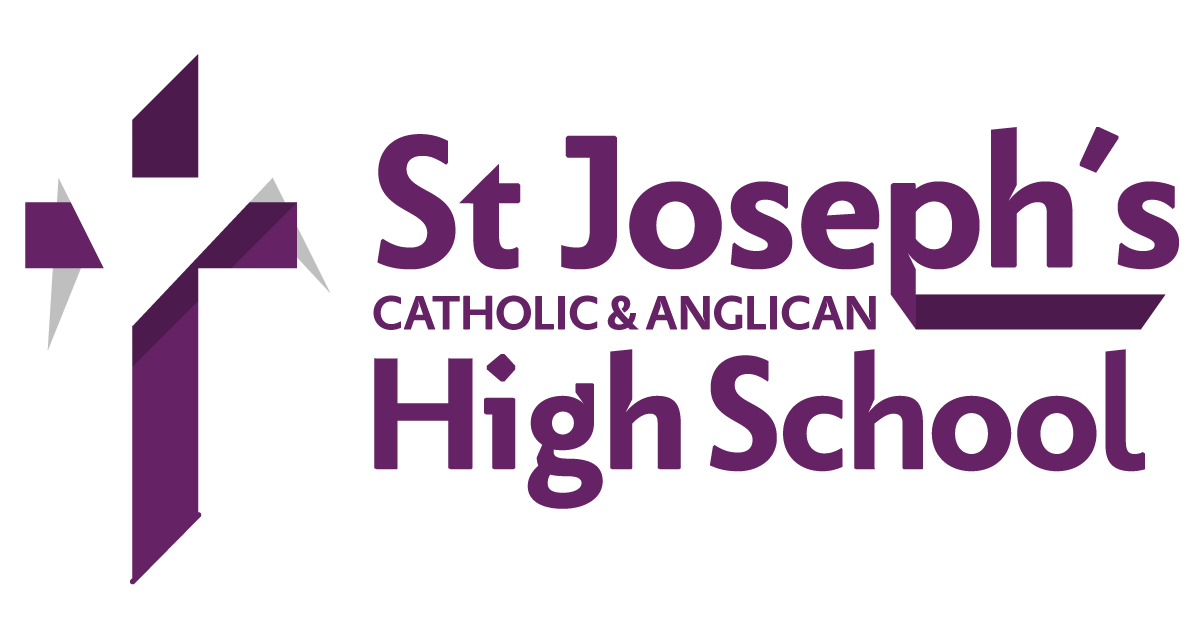Arweinydd Cwricwlwn /Curriculum Leader:
- Mrs H Atkinson
Staff yr Adran /Department Staff:
- Mr Dyfed Roberts
- Mrs Deborah Jones
Cyfnod Allweddol 3 / Key Stage 3
At KS 3 pupils are taught in form classes. Pupils receive four hours a fortnight of Welsh lessons on their timetables. Pupils revisit key information covered in their primary schools, such as numbers, days of the week, months of the year and colours etc. Then they further improve and build on their knowledge of Welsh.
At KS3 pupils have the opportunity to study the topics of school, family and friends, animals, tv/film, hobbies and leisure time, travelling, area, the high street, the environment, the weather, directions, food, holidays and trips and fashion. Pupils study different types of texts, e.g. poems, letters, diaries etc. Pupils participate in individual work, pair work and group discussions to improve their knowledge of Welsh and learn about the Welsh culture. Pupils are taught to use a variety of tenses, change the person of the verb, provide opinions and reasons, create well-structured pieces of work, include useful Welsh phrases and idioms and to write for a purpose. Pupils present their knowledge in oral presentations and conversations and learn techniques to improve their reading skills.
As pupils progress with their journey through their continuum of learning, we consider the Languages, Literacy and Communication aspect of The Curriculum for Wales. This reminds us that:
· Language connects us
· Understanding language is key to understanding the world around us
· Expressing ourselves through language is key to communication
· Literature fires imagination and inspires creativity
Pupils have the opportunity to improve their skills of speaking, reading and writing in their lessons. As part of the curriculum for Wales, pupils will also improve their integral skills and have the opportunity to use technology during lessons.
Homework is set once a week and pupils are assessed in tests, class work tasks, Google Classroom tasks, homework tasks and at the end of year examination.
Pupils take part in the School Eisteddfod at KS3 and they participate in the school’s Welshness Week activities. In Year 9, pupils have the opportunity to attend The Urdd Glan-llyn Centre in Bala to practise their Welsh skills. KS3 pupils also are able to attend an Urdd club every Monday dinnertime where they can practise their Welsh skills in a fun environment with a member of the Urdd.
Cyfnod Allweddol 4 / Key Stage 4
Trosolwg / Overview
Pupils are following the WJEC’s new GCSE for Welsh as a Second Language. Pupils are taught in classes with pupils of similar ability. In Year 10, pupils receive three hours a fortnight of Welsh lessons and in Year 11 pupils receive four hours a fortnight of Welsh lessons. The new examination is a skills-based examination. Pupils’ skills and ability in Welsh are assessed under examination conditions in four units worth 25% each of the GCSE. All four units are examined in Year 11. Fifty per cent of the total marks are examined in speaking and listening assessments in the spring term of Year 11. Pupils are expected to speak in Welsh with spontaneity about a topic of study. Pupils are examined in groups for their speaking examination. Pupils also respond verbally in their groups to visual stimuli. A further fifty per cent of the total marks are examined in two reading and writing examination papers in the summer term of Year 11. Pupils have the opportunity to improve their skills of speaking, reading and writing in their lessons. They participate in individual work, pair work and group discussions to improve their knowledge of Welsh and learn about the Welsh culture. Key stage 4 pupils participate in the school’s Welshness Week activities.
Amlinelliad y Cwrs TGAU / GCSE Course Outline:
Bwrdd Arholi / Exam Board: CBAC/WJEC
Cwrs / Course
The GCSE specification in Welsh Second Language will enable candidates to:
· Understand and use the language for a variety of purposes and audiences.
· Develop language learning skills and strategies in order to enable candidates to communicate and interact confidently and spontaneously in relevant situations and specified context.
· Develop language learning skills and strategies to enable candidates to develop their grasp Welsh further.
· Develop listening, speaking, reading and writing skills in an integrated manner, emphasising listening and speaking skills.
· Use Welsh in further studies, in the workplace and in their communities.
· Develop curiosity about the Welsh language.
· The qualification has two external assessment units which are weighted equally and two internal assessment units. The two external assessment units test reading and writing skills while the two internal assessment units test oral and listening skills.
Cynnwys y Cwrs / Course Content
The context for learning the language is organised under three broad themes: Employment, Wales and the World and Youth.
The qualification is made up of four units. Unit 1 and Unit 2 are a non-examination speaking and listening assessment. Unit 3 and Unit 4 are reading and writing examinations. The course is suitable for teaching over two years within 120 guided learning hours.
Candidates will be required to demonstrate their ability to:
– Speak (30%) – communicate and interact effectively in different situations and contexts.
– Listen (20%) – understand and respond to different types of spoken language in a variety of contexts.
– Read (25%) – understand and respond to a variety of written language in a range of contexts.
– Write (25%) – communicate effectively for different purposes and for different audiences.
This specification builds on subject content which is typically taught as a second language at Key Stage 3 and provides a suitable foundation for the study of Welsh Second Language at either AS or A level.
Adnoddau CA4 / KS4 Resources
Two textbooks have been produced for the course:
· Collins WJEC Revision Welsh Second Language, Jo Knell.
· Illuminate Publishing WJEC GCSE Cymraeg Ail Iaith/Welsh Second Language. Revision Guide. Enfys Thomas, Richard Roberts, Tina Thomas.
WJEC and HWB websites.
Llysgenhadon y Gymraeg / Bilingualism Ambassadors
Pupils are selected to be Welsh Ambassadors in different year groups. These pupils help to promote the use of incidental Welsh within the school community. They help staff with their pronunciation of Welsh and support activities linking to Wales and the Welsh language at school.
Gweithgareddau Pontio / Transition Activities
The department works with the link primary schools to ensure consistency across KS2 and KS3. The Welsh Ambassadors at St Joseph’s teach lessons to Year 6 pupils during Welshness Week in the spring term and Rocket Week (Transition Week) in the summer term. Year 6 pupils attend a Welsh lesson taught by a member of the Welsh Department during their week’s visit to St. Joseph’s in July each year.
Gweithgareddau’r Urdd / Urdd Activities
Pupils at St. Joseph’s have the opportunity to attend the Urdd club every Monday dinner time and pupils take part in various activities connected to the Urdd. Pupils at St. Joseph’s also have the opportunity to represent St Joseph’s in Urdd competitions by competing in the Eisteddfod tasks, sporting events and Art and Design competitions for the Eisteddfod.
Pupils at St. Joseph’s have represented the school and been successful in the National Urdd Eisteddfod on a number of occasions.
Datblygiad Proffesiynol ac Hyfforddiant / Professional Development and Training
The Welsh Department also supports staff with their professional development with learning Welsh so they are able to successfully use incidental Welsh within our school community and thus promote Bilingualism. Mrs Helen Atkinson and Mr Dyfed Roberts are also involved with training CaBan Associate Teachers from Bangor University throughout the academic year. The training is intended to enable the Associate Teachers to improve their knowledge and use of the Welsh language.

